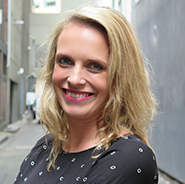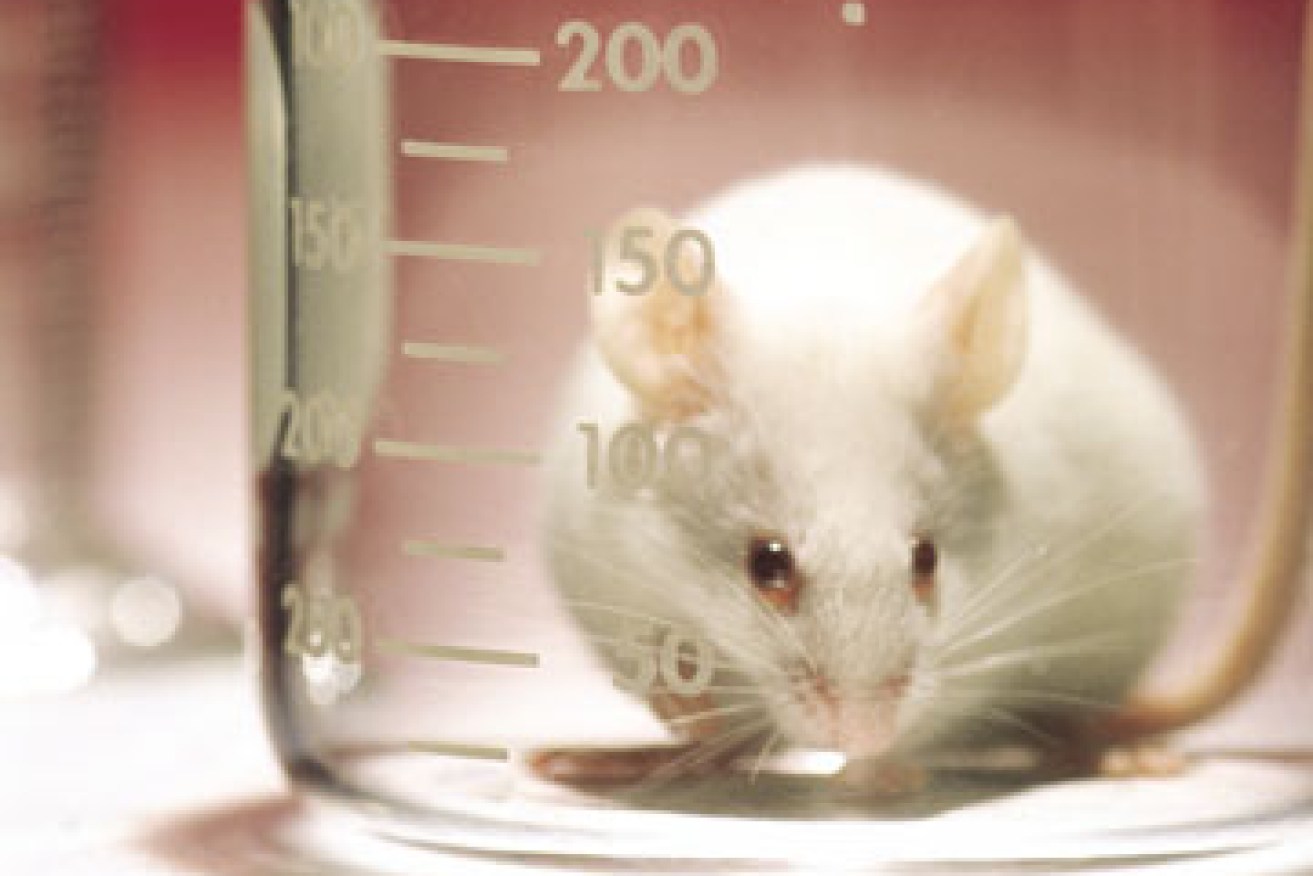Is your beauty regime ruining the planet?


It is hoped new technology could end animal testing. Photo: Getty Photo: Getty
When you’re getting ready for work in the morning, take a good look around your bathroom and inside your make-up bag.
Your favourite pink lipstick or refreshing face scrub could be significantly harming the planet.
• The 18 healthy foods you’ve never heard of
• The morning routines of healthy people
• I quit sugar and lived to tell the tale
This week, Australia’s two biggest supermarket chains – Coles and Woolworths – pledged to remove any beauty products that contained “hazardous” microbeads from their shelves, as pressure is mounting for the Federal Government to ban them entirely.

The two retail giants are taking a stand. Photo: Getty
The ingredient in microbeads, otherwise known as microplastics, can be found in soaps, face scrubs and toothpastes, and when washed down the drain is heavily impacting Australia’s water systems.
In late 2015, the US took a stand against the use of microbeads with the Senate passing a bill to ban them across the country in 2016.
Australian Federal Environment Minister Greg Hunt told the ABC’s 7:30 program on Thursday night that Coles and Woolworths had committed to remove the products containing microbeads by 2017.
But, environmental activists in Australia are lobbying the government to implement the changes sooner.
Activists are also concerned about other beauty items which are damaging the planet, such as those which use palm oil or tested on animals.
Here’s what you need to know.
Palm Oil
According to the World Wildlife Fund (WWF) palm oil was the most widely consumed vegetable oil on the planet, and is contained in about half of all packaged products sold at the supermarket.
However, the WWF said the farming and production of palm oil was destroying rainforests and animal habitats, including endangered species like orangutans, tigers, elephants and rhinos.
Products containing palm oil include some lipsticks, shampoos, detergents, and soaps. It’s also found in foods such as chocolate, ice-cream, pizza dough, instant noodles, margarine, packaged bread and cookies.

Palm oil is hidden in some shampoos, lipsticks and soaps. Photo: Getty
People for the Ethical Treatment of Animals (PETA) Australia campaign co-ordinator, Claire Fryer, told The New Daily that palm oil was not always clearly labeled on the product’s packaging.
And it’s no wonder.
“Palm oil is often sourced from the homes of endangered orangutans and many other forest-dwelling creatures,” Ms Fryer said.
“Profit driven businesses cut down the trees and leave the animals homeless and starving to death.”
Ms Fryer said there was no official definition of an eco-friendly product – but products describing themselves at eco-friendly were usually cruelty free, vegan, handmade and often locally made and organic.
The WWF has listed alternative names palm oil could be labelled as on beauty products and foods. Click on the owl to see them.
For a full list of products containing palm oil, click here.
Animal testing
Although modern, alternative test methods exist, huge multi-product manufacturers continue to “poison and harm animals in tests that were not required by law”, Ms Fryer told The New Daily.
According to PETA US, some of the companies that tested products on animals were; Johnson & Johnson, Unilever, Revlon, Proctor & Gamble, Estee Lauder, GlaxoSmithKline, Church & Dwight, Clorox, Bayer, L’Oriel, Bic Corporation and 3M.

Many of the big companies still test on animals. Photo: Getty
Ms Fryer said advanced scientists were discovering alternative methods for testing products that the big companies could be implementing.
“Because experiments on animals were cruel, expensive, and generally inapplicable to humans, the world’s most forward-thinking scientists had moved on to develop and use methods for studying diseases and testing products that replace animals and were relevant to human health,” she said.
“These modern methods include sophisticated tests using human cells and tissues (also known as in vitro methods), advanced computer-modeling techniques (often referred to as in silico models), and studies with human volunteers.
“These and other non-animal methods are not hindered by species differences that make applying animal test results to humans difficult or impossible, and they usually take less time and money to complete.”
Going forward Ms Fryer said PETA would like to see Australia introducing similar legislation to the EU, where it is now illegal to sell any product which has been tested on animals.
To find out whether your beauty products are tested on animals, click here.
Microbeads
Scientists estimated there were about 300,000 microbeads in an average bottle of face scrub, suffocating the nation’s water systems.
The beads are usually labelled as polyethylene in the product ingredients or HDPE (high-density polyethylene), or even PEHD.
Manufacturers such as Unilever, Johnson & Johnson and The Body Shop have been working to find alternative materials to use in their products.
Products deemed to contain a high amount of microbeads by monitor group Beat the Microbead include: Clean & Clear Blackhead Clearing Cleanser, Johnson’s Daily Essentials 3-in-1 Blackhead Scrub and Neutrogena Deep Clean Fresh Foaming Scrub.

Various cosmetic cleansers and products containing microbeads, microplastics, polyethylene. Photo: ABC
Do Something founder Jon Dee is leading a campaign to ban the production of microbeads in Australia.
“Most people you talk to have no idea that the personal care products they are using contain plastic microbeads,” he told 7:30.
“People think they contain exfoliants like apricot kernels and walnut shells and other natural ingredients but the reality is that these products contain microbeads that are so small that they get through the waste water treatment plants and end up in our waterways and harbours.”
Scientists from the University of Sydney had found microplastics inside fish.
Professor Emma Johnson told 7.30 that one of the sites she took samples from in Sydney Harbour had fish which contained more plastic than samples taken from water near a former plastics factory in Sweden.
“The problem with microplastics is that once they are in the waterway and in the sediments, we can’t get them out,” Prof Johnston said.
“There is no way of filtering all the sediments of every harbour in Australia to remove those plastics.”
For a comprehensive list of products containing microbeads, click here.
– with ABC









